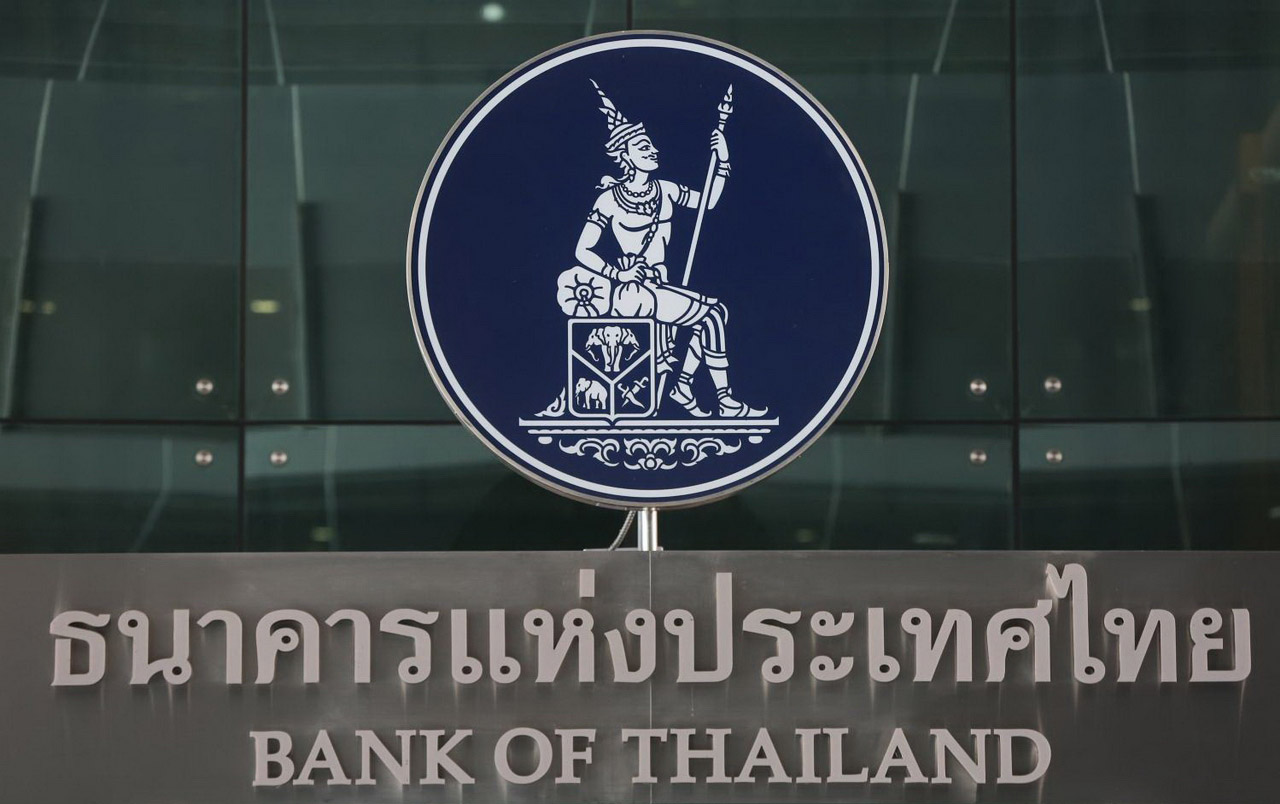Background
The Labor Protection Act B.E. 2541 (“LPA”) was first enacted in February 1998; the LPA has been amended several times since. The past several changes mainly focused on contemporary issues, i.e. minimum wage rate or minimum age. This current amendment, however, will materially change the LPA and some of its long-standing definitions.
Amendment
Prior to the current change in the LPA (by the LPA (no.6) B.E. 2560 (2017), published in the Government Gazette on 31 August 2017, which became effective on 1 September 2017), there were no legal provisions regarding retirement. A company’s retirement policy would only exist in the company’s work rules. In addition, there were only the Supreme Court decisions that retirement was to be regarded as termination of employment, i.e. the Supreme Court judgements Nos. 577/2536, 258/2545 and 3196/2551. The new amendment now formally establishes that retirement is to be considered as ‘Termination of Employment’. The amendment also sets the ‘retirement age’ at 60 years of age. This amendment aims to guarantee the employee the right to severance pay upon retirement. Prior to the amendment, retirement may or may not have been regarded as ‘termination of employment’, but as a voluntary resignation by the employee, depriving them of severance pay.
In addition to the change in the LPA described above (no.6), the Cabinet Resolution of 15 August 2017 approved, in principle, the Labor Protection Act (no…), B.E. … as proposed by the Ministry of Labor. It will be submitted to the Coordination Committee of the National Legislative Assembly for consideration along with comments from the Office of the Judiciary and the Council of State. A number of key points are covered by this proposed amendment to the LPA. These can be summarized as follows:
Definition of “remuneration”: added in Section 5, this means money paid by employers to employees as compensation for work other than wages, overtime pay, holiday pay and overtime on holiday pay.
Previously, the term did not exist. Only the term ‘wage’ was defined. The purpose of adding the term “remuneration” is to clarify which payments should be excluded from the term ‘wage’ in the calculation base for severance pay. The new amendment confirms henceforth that “remuneration” is not ‘wage’.
Fixing interest rate at 15% of payment in lieu of advance notice, compensation and payment in the case where an employer discontinues business: this point was added so that employees would be entitled to interest at the rate of 15%.
Currently, the interest rate of such payment is 7.5%, in accordance with the Civil and Commercial Code. However, raising the interest rate does not mean the payment is now to be considered as ‘wages’, as the late payment of wages is subject to interest at the same rate of 15% under Section 9 of the LPA.
Employee entitlement to necessary business leave of at least 3 business days per year with pay: under the current law, business leave does not exist. Such leave, if made available, would only exist in the work rules of the company, or in an employment contract. This key point in the amendment will guarantee the employee at least 3 leave days per year, along with other existing leave and holidays.
Pregnant employee entitlement to pregnancy checkup during the pregnancy period: subject to the provision that, when combined with maternity leave, the total leave time will not be more than 90 days. Such leave will be paid by employers, but will not exceed 45 days. This checkup point is also new.
Currently, maternity leave can be taken up to a maximum of 90 consecutive days. This new provision will enable the pregnant employee to spread leave days for checkups throughout the full 90-day pregnancy period.
Setting additional compensation rates for an employee upon being terminated; subject to an employee having worked with an employer for at least 20 consecutive years:
Such employees will be entitled to severance pay at the last wage rate of 400-days. The current maximum, prescribed rate of severance pay is at the last wage rate of 300-days.
Definition of the period in which to pay special severance pay or special severance pay in lieu of advance notice to employee: to be calculated from the date the employment contract expires.
In various ways this proposed amendment, thus, ameliorates the working conditions of employees. New leave days are added and interest rates are raised. The amendment also aims to prevent labor disputes in the case of termination of employment, with such disputes having often occurred in the past, due to the lack of clear definitions in the Labor Law. The new amendment is likely to facilitate business activities and investment in Thailand. In light of this new amendment, it may be an appropriate time for employers to review and revise company policies and work rules.
This update is intended to highlight an overview of key issues for ease of understanding, and not for the provision of legal advice. If you have any questions about this publication, please contact your regular contact persons at Mori Hamada & Matsumoto or Chandler MHM Limited, or any of the Key Contacts listed below.
Satoshi Kawai
TEL 66-2-266-6485 Ext 323
(satoshi.kawai@chandlermhm.com)
Sumit Masrungson
TEL 66-2-266-6485 Ext 174
(sumit.m@chandlermhm.com)
Ratthai Kamolwarin
TEL 66-2-266-6485 Ext 254
(ratthai.k@chandlermhm.com)
Kiratika Poonsombudlert
TEL 66-2-266-6485 Ext 257
(kiratika.p@chandlermhm.com)
























































 Chandler MHM Limited
Chandler MHM Limited Jessada Sawatdipong
Jessada Sawatdipong







